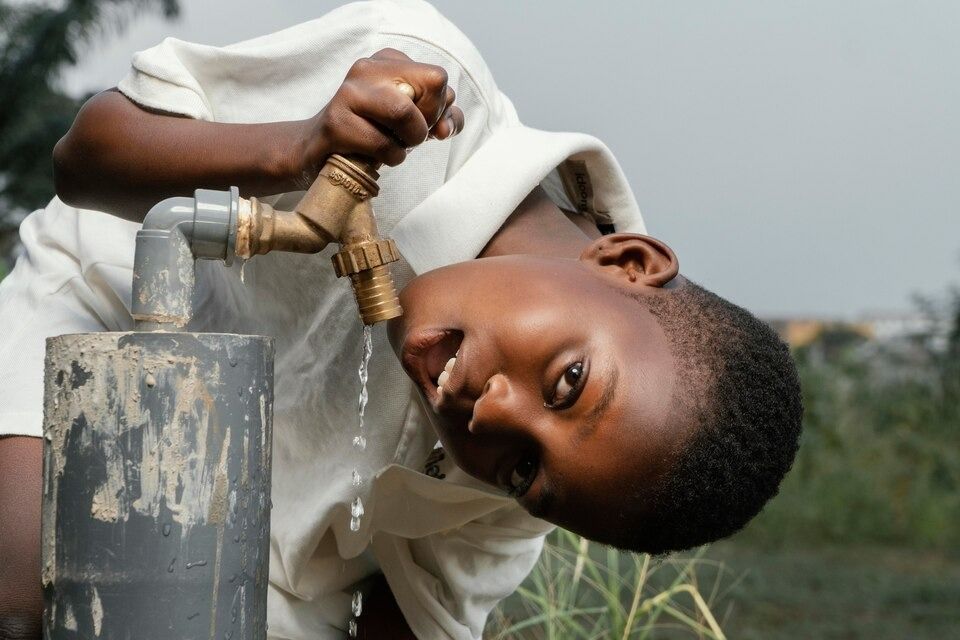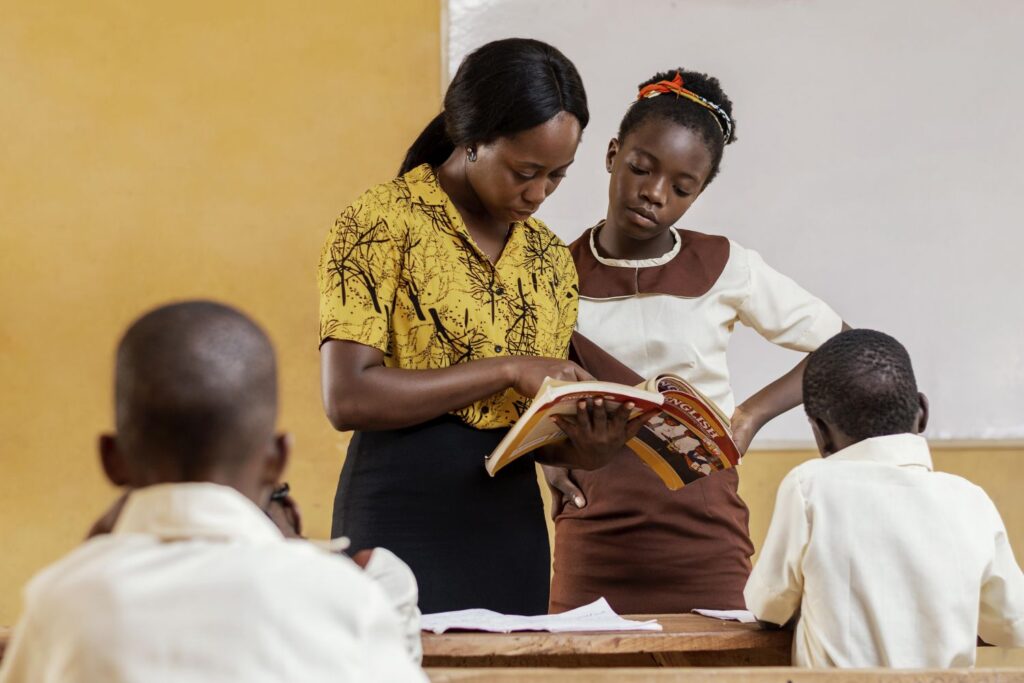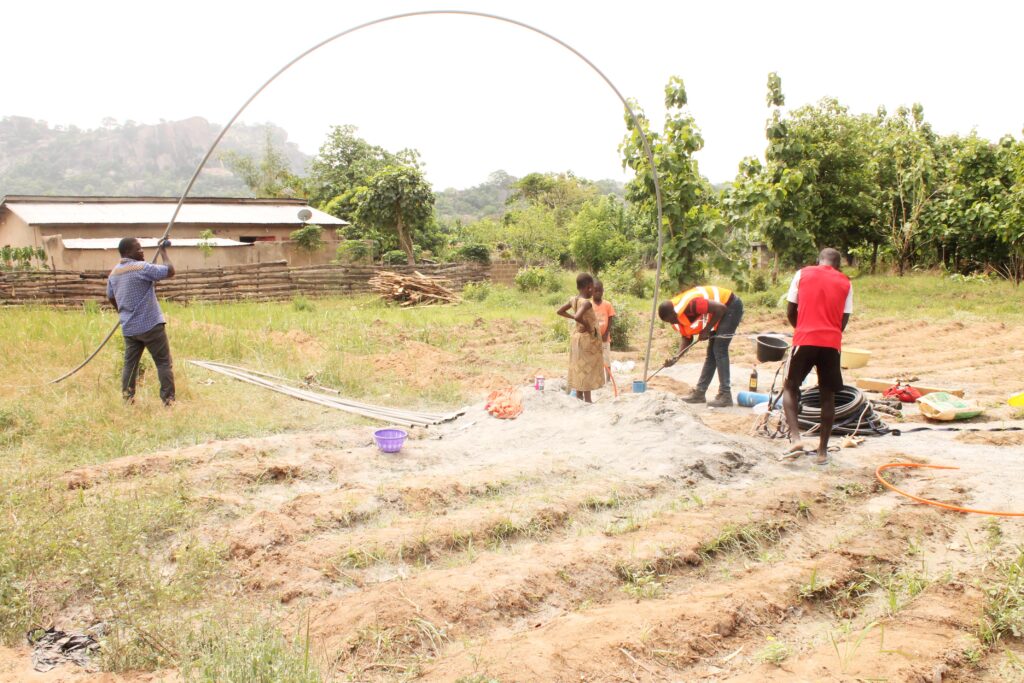Country Program
- Home
- Country Program
Country Program


The country program (CP) builds resilient communities in Benin and Togo. Through this program, the Tabe Jeanne Foundation improves social, economic, and environmental conditions by removing together with communities barriers to development and well-being. We develop short and long-term projects to empower and enhance the quality of life of community members by addressing their needs, issues and aspirations. The country program targets the following areas:
Water, Sanitation and Hygiene -WASH- (construction of water wells, building sanitation facilities, repairing wells, fostering hygiene education and solutions, installing water collection systems, drinking water treatment, organizing water events, conducting water studies and research, preventing and resolving water-related conflicts, strengthening capacities in the WASH sector, fueling water activism, facilitating networks and building water advocacy coalition, flood disaster management, urban water planning, watching human right to water and sanitation, setting up fellowships, safeguarding aquatic biodiversity and resilient social-ecological systems, water recycling and reuse, acting for the protection, conservation and preservation of water resources to ensure a sustainable future in Benin and Togo).
Food & Agriculture (school feeding, carrying out food and agricultural studies and research, food aid for the poor and needy, agro-pastoral facilities, food storage and preservation, promoting access to land, providing training, plant protection, fighting against food loss and waste, defending the right to food and nutrition through food activism, setting up climate-resilient irrigation systems, food processing, promoting good nutrition and a healthy and balanced diet, nutritious food production, creating jobs and income, conservation agriculture, food tech, subsistence agriculture, increasing agricultural yields, supporting farmers with geospatial data or GIS tools, establishing fellowships, mitigating threats to food and agricultural resources, organizing events related to food and agriculture).
Education and Health (building healthcare and educational facilities, refurbishment and electrification of such facilities where needed, feeding hungry minds, training the trainers, promoting teacher and learner development, achieving literacy for all, implementing studies and research in the fields of education and health, humanitarian relief, fostering learning innovation, addressing sexual and reproductive health challenges, providing educational, health and healing therapy, supporting K-12 education, entrepreneurship education, vocational training, STEM education, health education and communication as well as education in emergencies and crisis, medicines supply, environmental education and communication, providing tools and equipment for healthcare and education, building capacities in the sectors of education and health, setting up scholarships and fellowships, promoting civic engagement, networking, events, and coalition to defend and advance rights to education and health for the disadvantaged).
Renewable energies (bioenergy systems, building solar plants and mini grids, promoting public lighting and solar lamps for families, creating jobs and income, developing capacities, conducting studies and research, setting up fellowships, amplifying voices for renewable energies, organizing events, etc. In short, we promote renewable energies to help communities better protect the environment and to provide development services in off-grid areas where livelihoods, education and healthcare are threatened due to the lack of energy).
In Benin, we work in 3 regions including southern Benin (communes of Abomey-Calavi, Zè, Allada and Kpomassè), central Benin (communes of Dassa, Glazoué, Bantè, Savè, Savalou and Ouèssè) and northern Benin (communes of Kandi, Parakou, Tchaourou, Bassila, Boukoumbé, Natitingou and Toucountouna).
In Togo, we are active in the southern part (Lomé, Aného, Kpalimé and Atakpamé) and in the northern and central region (Kara and Sokodé).

